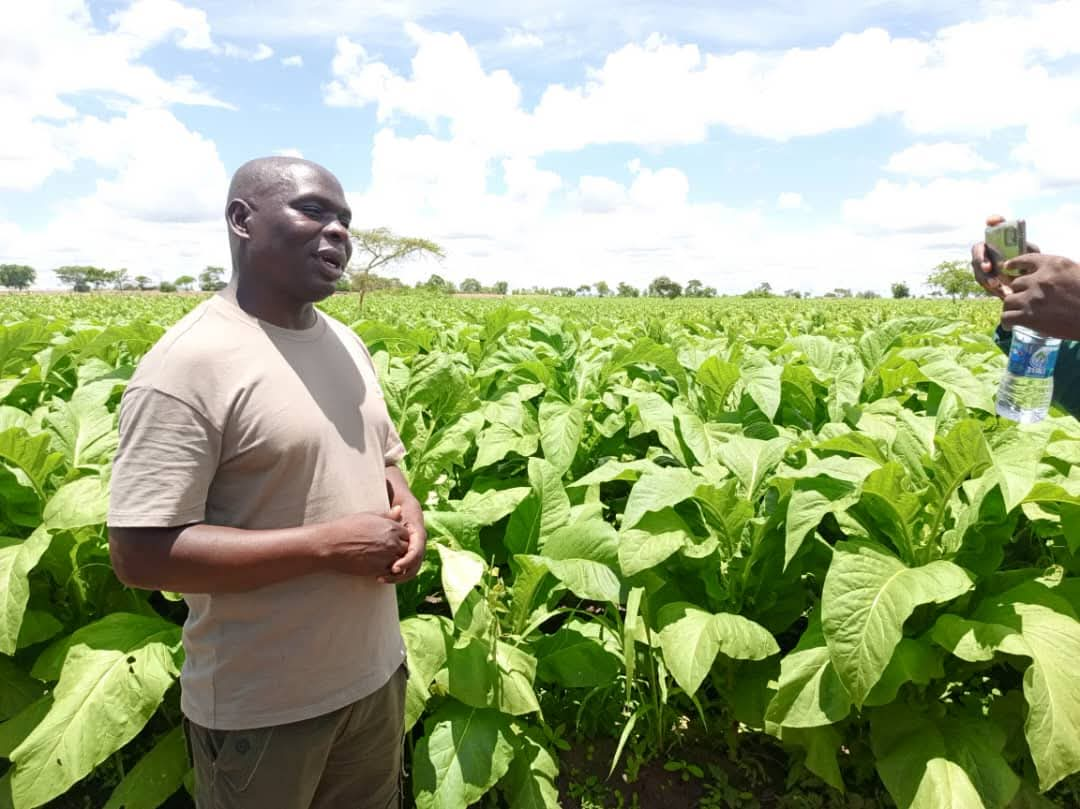By Burnett Munthali
The Managing Director of Namuleri Farms, Simplex Chithyola Banda, has called on Malawian youths to embrace agriculture as a means of improving their livelihoods and contributing to national economic growth. He emphasized the importance of productive engagement, urging young people to move away from excessive social media use and instead focus on farming as a viable business opportunity.
“I appeal to young people in Malawi to use their available time for something productive instead of spending much of it on social media. We cannot download food on social media. Invest in agriculture because it is a business that can change your life,” Chithyola advised.
Namuleri Farms, under his leadership, has expanded its agricultural operations significantly. The farm has diversified into both crop and animal farming, including the rearing of cattle and goats. With over 100 hectares of cultivated land, Namuleri Farms grows a variety of crops such as tobacco, maize, rice, cassava, bananas, tomatoes, and sugarcane. This level of diversification not only enhances food security but also creates employment opportunities for Malawians.
Currently, Namuleri Farms has provided jobs to over 200 people, with plans to double this number to 400 in the near future. Beyond employment, the farm is actively investing in the development of future agricultural professionals by offering internships to college students. Beneficiaries include students from the Lilongwe University of Agriculture and Natural Resources (LUANAR) and Mwimba College of Agriculture, who gain hands-on experience in modern farming techniques.
Chithyola’s vision aligns with Malawi’s broader goal of enhancing agricultural productivity and reducing youth unemployment. By encouraging young people to view farming as a sustainable and profitable career, he hopes to inspire a new generation of agripreneurs who can drive the country’s agricultural transformation.
His call comes at a time when Malawi is grappling with economic challenges, including rising unemployment among the youth. With agriculture remaining the backbone of the country’s economy, increased youth participation in farming could contribute to national development by boosting food production, creating wealth, and reducing dependency on imported goods.
Chithyola’s message is clear: the future of Malawi’s economy depends on the willingness of young people to engage in productive ventures like agriculture. By taking advantage of opportunities in farming, they can secure financial independence while also playing a crucial role in the country’s economic progress.




